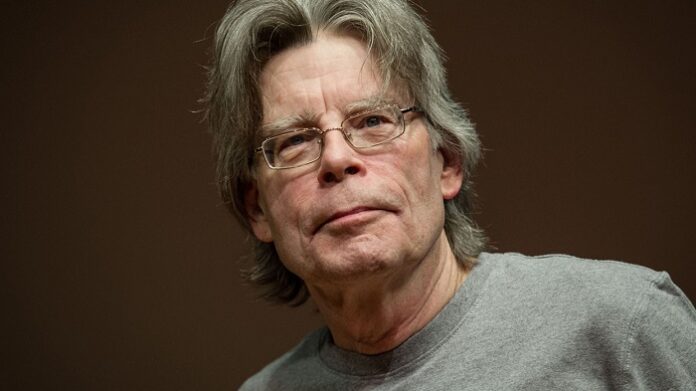Well-renowned American author of horror, supernatural fiction, suspense, crime, science-fiction, and fantasy novels, Stephen King, has touched the hearts of people across the globe through his pieces of writings.
Below are some of the famous quotes of Stephen King:
- The trust of the innocent is the liar’s most useful tool.
- Get busy living, or get busy dying.
- And in real life, endings aren’t always neat, whether they’re happy endings or whether they’re sad endings.
- Remember, hope is a good thing, maybe the best of things, and no good thing ever dies.
- Optimism is a perfectly legitimate response to failure.
- Life isn’t a support system for art. It’s the other way around.
- Talent is cheaper than table salt. What separates the talented individual from the successful one is a lot of hard work.
- Only enemies speak the truth; friends and lovers lie endlessly, caught in the web of duty.
- We need ghost stories because we, in fact, are the ghosts.
- He supposed that even in hell, people got an occasional sip of water if only so they could appreciate the full horror of unrequited thirst when it set in again.
- There are things of such darkness and horror—just, I suppose, as there are things of such great beauty—that they will not fit through the puny human doors of perception.
- Frightened people live in their own special hell. You could say they make it themselves, but they can’t help it. It’s the way they’re built. They deserve sympathy and compassion.
- When you write, you tell yourself a story. When you rewrite, you take out everything that is NOT the story.
- You must not come lightly to the blank page.
- You see something, then it clicks with something else, and it will make a story. But you never know when it’s going to happen.
- Description begins in the writer’s imagination but should finish in the reader’s.

